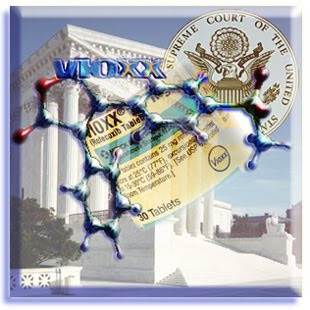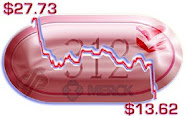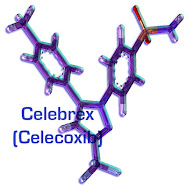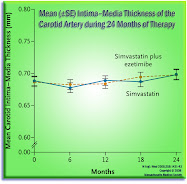It was indeed an excellent Q1 2024, and the NYSE-traded stock should reach into the $140-something range -- perhaps even before year end 2024 -- as the amped up guidance offered by Mr. Davis yesterday appears in the as actually-reported results next quarter and beyond. Here's that story, from FiercePharma, as part of its review of Rawway's first quarter 2024 "upside surprise" results:
. . .Four months into Davis’ tenure as CEO in 2021, the company acquired sotatercept in an $11.5 billion buyout of Acceleron. Data analytics group FactSet has projected sales of Winrevair to reach $3.9 billion by 2029.
“Strategic business development focused on the best external science remains an important priority,” the CEO said. . . .
When asked to estimate Winrevair’s sales this year, Davis reiterated that the company does not provide guidance for its individual products. He did declare that the launch is off to a strong start, with prescriptions increasing along with repeat prescriptions. Shipments to patients’ homes is underway. And the company is seeing excellent access with “no real limits,” Davis said, which is a good sign considering the drug was approved less than a month ago, he added.
R&D chief Dean Li, M.D., Ph.D., said that there will be continued “data flows that will continue to inform and strengthen,” Winrevair’s profile. The company also is working on an auto-injector that should improve uptake for the drug, which is currently provided in a vial.
“We believe that the vast majority with time will use it as self-administration,” Li said. “This is a patient population that’s quite used to doing injections. . . .”
I continue to believe that $250,000 a year -- even though it is a life saver. . . is overpriced, for most US retail patients -- as that means Merck makes back all $11 billion it paid for the whole company, in about five years.
The drug will remain on patent for over 20 years. The Condor's view is that moves like that, indeed, are likely going to lead to more Congressional action to restrict US-drug pricing -- or incentivize the company to more sharply increase EU and/or Canadian and Japanese prices -- to allow the US prices to come down. . . between now and 2028, on all life-saving pharmaceuticals, generally.
[We've already seen one version of this (as we mentioned last week), with Merck allocating more supply of Gardasil to EU and Japan and UK -- while shorting its contractual commits -- to WHO/GAVI/UNICEF -- for very low priced African deliveries, in this supply constrained year.]
नमस्ते

















No comments:
Post a Comment